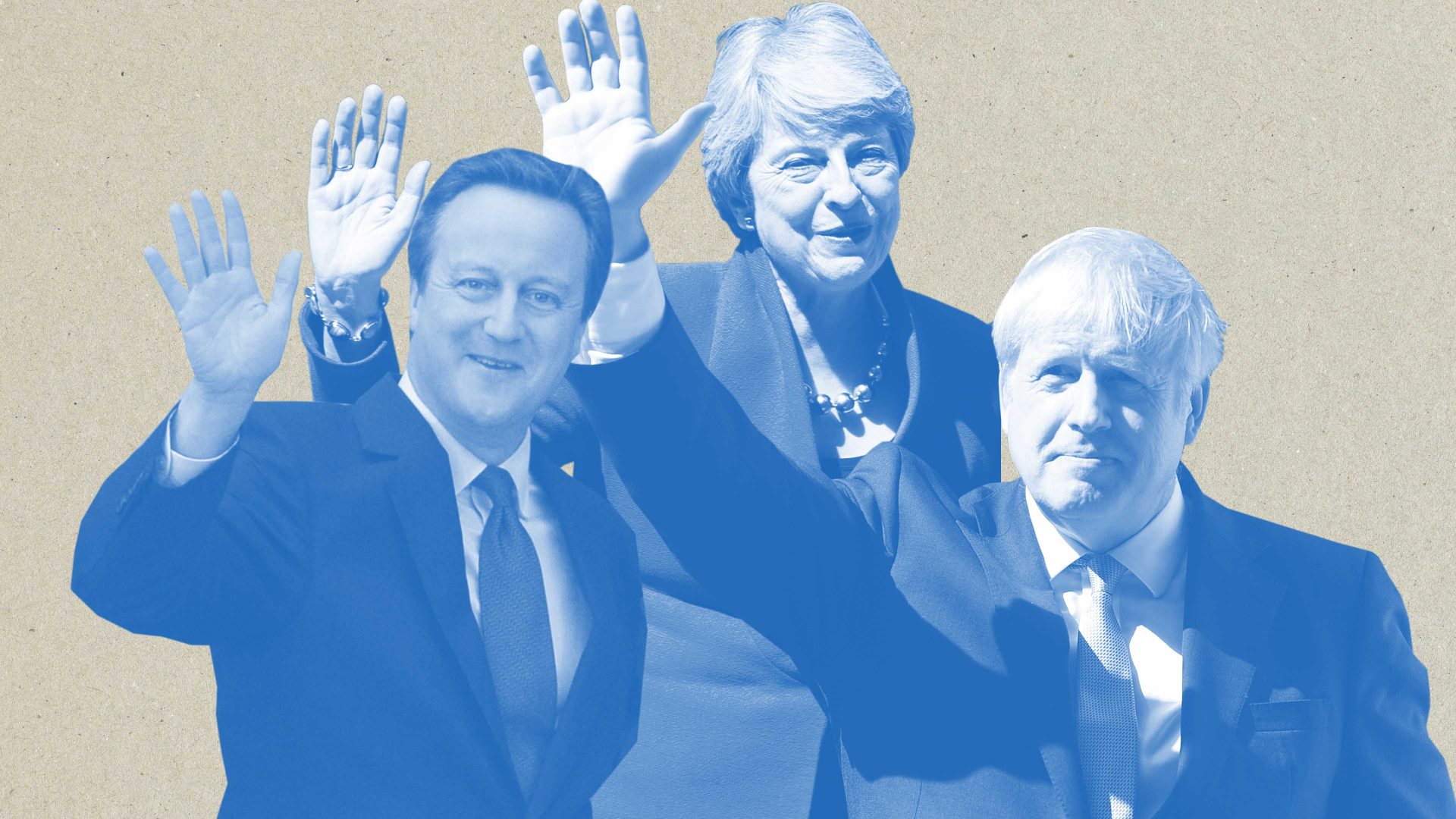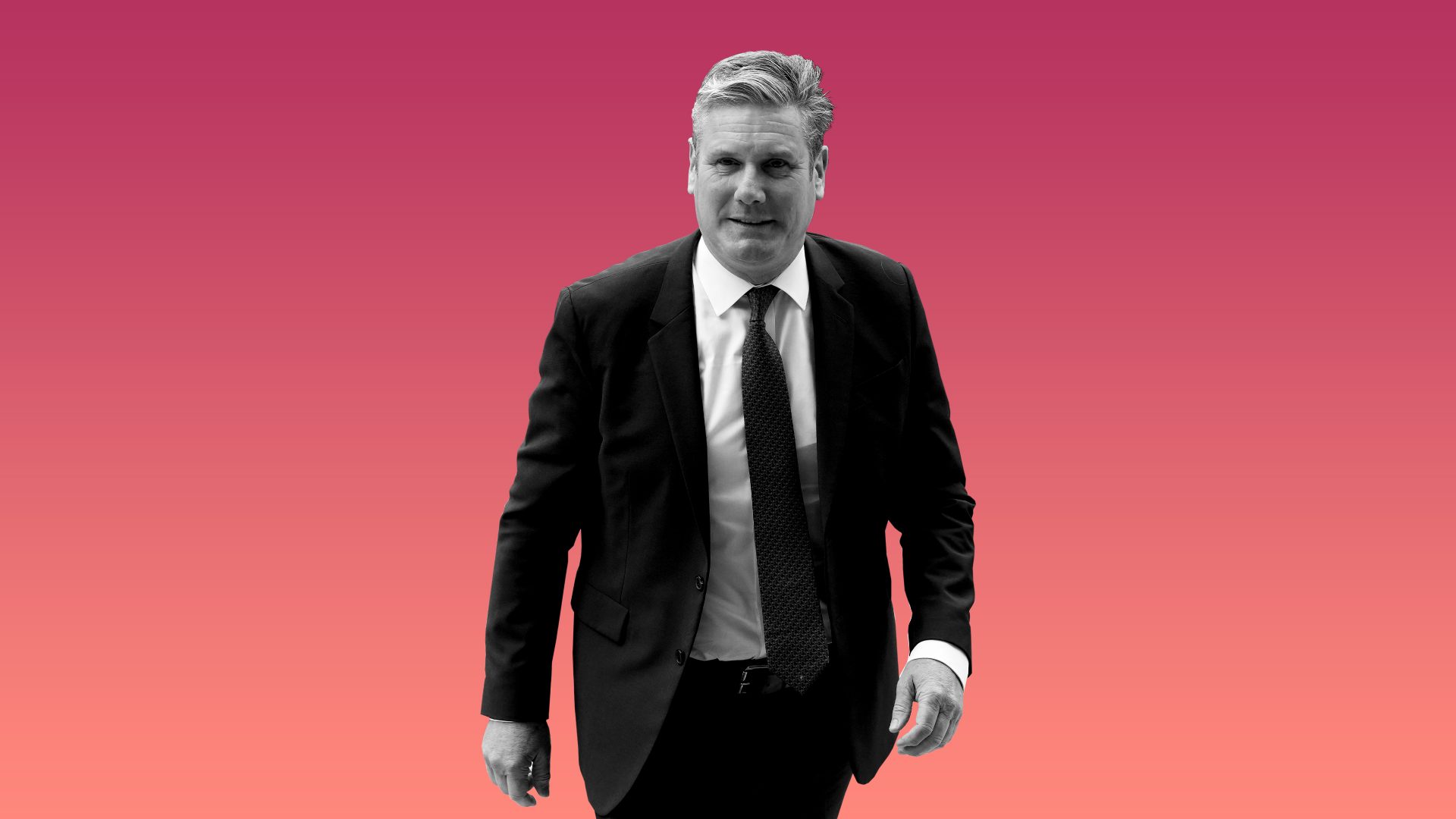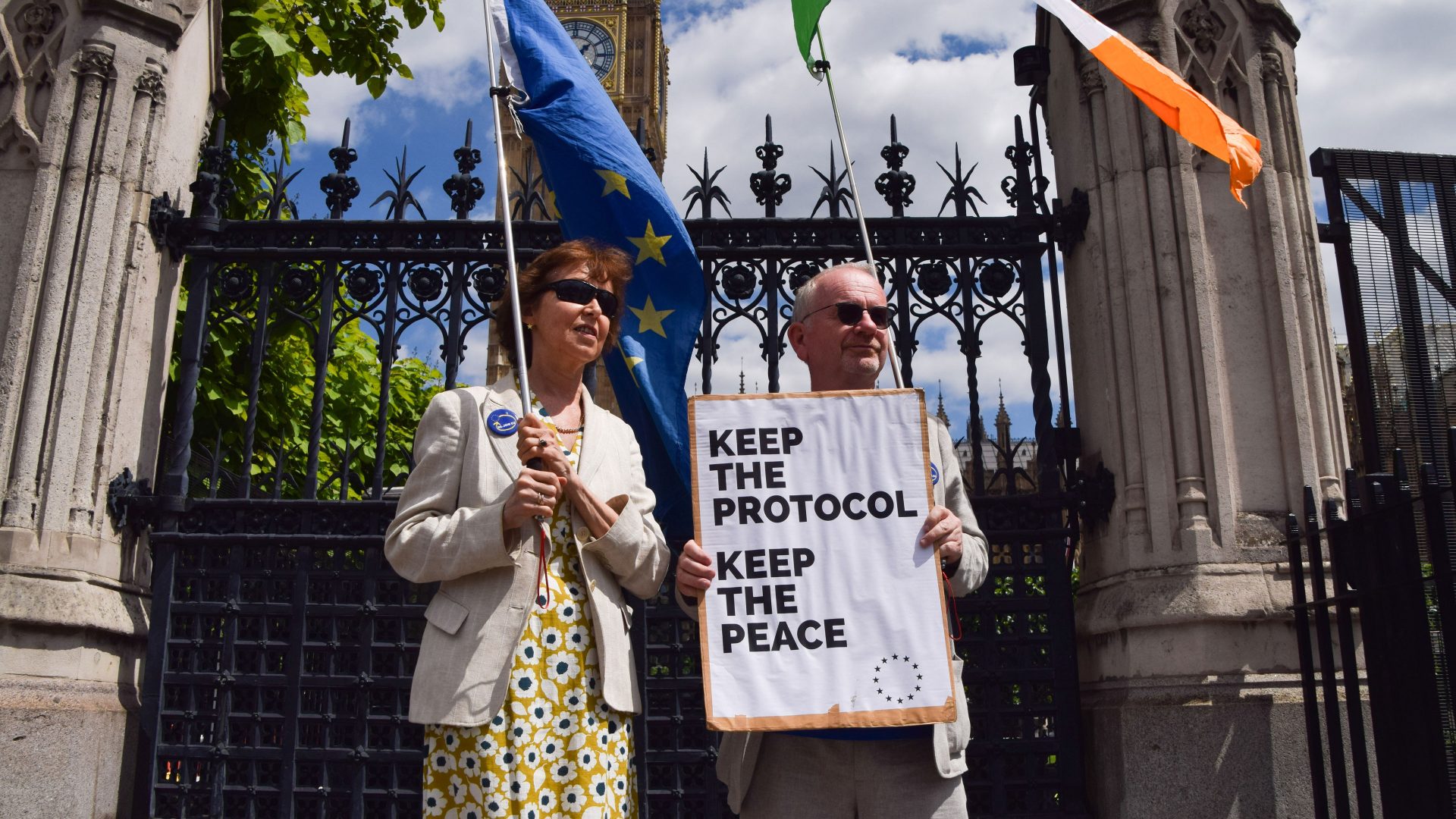I can’t quite believe I am writing this, but the biggest event of the last six years in terms of Britain’s relations with Europe may not be Brexit. Probably more significant, in the short and long term, is Britain’s decisive role in supporting Ukraine’s resistance to the latest of Europe’s fascist dictators, Vladimir Putin.
In the short term, providing the military hardware to help stop Putin from achieving an immediate knock-out blow in his attack on Kyiv, and his attempt to remove president Volodymyr Zelensky and install a puppet regime, was of monumental importance not only to the fate of Ukraine but to the wider security and stability of democratic Europe. While the ultimate outcome of the Ukraine war remains uncertain, at worst it will be a partition, leaving Putin with parts of the east of the country but with a viable, large and independent Ukraine beyond, keen to strengthen itself by joining the EU. At best Putin or his successor will be expelled entirely from the territories invaded by Russia in February. This is still a realistic long-term scenario, although it may be achieved in stages over many years, perhaps after years of bloody guerrilla war. Nato, which has organised this support for Zelensky, is a military club which everyone in Europe now wants to join. Sweden and Finland, who have just applied, will take Nato’s membership to 30, extending the alliance across virtually the whole of Russia’s eastern border with Europe.
Nato is fulfilling precisely the Russia-containment mission intended for it by Ernest Bevin, Britain’s great postwar foreign secretary, and George Marshall, Truman’s equally visionary and practical secretary of state, when they set up the transatlantic military alliance in the immediate aftermath of Stalin’s unsuccessful siege of West Berlin in 1948-49.
In retrospect, Nato was the dog that didn’t bark during the Brexit wars.
Article 5 of the North Atlantic Treaty of 1949 – that an attack on one is an attack on all, to be resisted by all – is in its potential consequences a far greater diminution of Britain’s sovereignty than anything agreed with the EU during our half-century of membership. Yet neither Nigel Farage nor Boris Johnson and the Brexit Tories ever proposed that we withdraw from Nato so that we could “take back control” of our defence, and anti-Brexit leaders sensibly never sought to widen the issue to include defence.
Just as Britain’s military leadership of the transatlantic resistance to Hitler and Stalin in the 1940s paved the way for deep long-term economic engagement in postwar Europe, I suspect the same may ultimately be true of the role Britain is playing in resistance to Putin. Whatever you think of Johnson’s morality, Brexit did not herald the UK’s departure from European democratic values, nor from collective defence to external aggression. For as long as Britain and continental Europe remain democratic and free, there will be intensive mutual trade and economic partnership.
Brexit is probably the high-water mark of the uncontrolled spam of English nationalism which, at the behest of Farage and Johnson, produced the Brexit referendum result of six years ago – and then Brexit itself without a second referendum. The sound and fury about “foreign judges” in the wake of the European court of human rights ruling against the proposed deportation of asylum seekers to Rwanda could conceivably lead Johnson and Priti Patel to seek to withdraw from the Council of Europe and the European Convention on Human Rights. This would be a political obscenity. But since the only country to have left – indeed be expelled – from the Council of Europe in recent years is Putin’s Russia in response to its Ukraine invasion, I doubt even Johnson would think he could ride the contradiction while Putin remains at large.
However, six years on from the 2016 referendum, there is still no reversal, or sign of one, in respect of the hugely disadvantageous Brexit trade and economic deal under which we left the EU. Far from seeking to negotiate a better trade deal with our neighbours and former partners, Johnson and his foreign secretary, Liz Truss, are embarking on an egregious breach of international law by seeking to legislate to override the Northern Ireland Protocol, which requires customs checks on some trade between Britain and Northern Ireland as the price of keeping a completely open border within Ireland itself, an integral part of the Northern Ireland peace process.
There isn’t yet a meaningful political debate about the case for a better Brexit deal, despite polls showing a growing majority against Brexit in the light of big reductions in trade between Britain and the EU far beyond any Covid effect.
According to London School of Economics data, nearly half of all UK companies have either ceased or reduced their trade with the EU since Brexit took effect.
Yet Sir Keir Starmer, who was Jeremy Corbyn’s Brexit spokesman before becoming Labour leader, has largely left the Brexit field and won’t commit to seeking fundamentally better Brexit terms. This makes it harder for business leaders worried about the status quo to break cover. And for as long as Johnson remains at the helm, and there is no credible governmental path towards a renegotiation, there is no incentive for any Tory MP to do so either.
However, the truth will out. Unless the trade situation improves, Tobias Ellwood will be the first of many Tory MPs to call for an “upgraded” Brexit deal akin to that of Norway, which is part of the single market while not belonging to the EU itself. There is only so long that the Tory leadership can say “fuck business” – or, as Rishi Sunak puts it more elegantly, that we need to accept “lower trade intensity” as the price of Brexit.
The Tory leader after Johnson, maybe Sunak himself, won’t be inhibited by having negotiated the current Brexit deal.
The stark reality is also that the only solution to the Irish problem is for Britain to be within the single market or something close to it.
So Britain has not left Europe, and even under Johnson the Ukraine war graphically demonstrates our fundamental interdependence and common values. Trade is indispensable to a free and prosperous Europe, and Britain’s leaders will ultimately recognise that free trade is the best way of securing these age-old goals. The long trek back towards the EU’s single market hasn’t yet started, but there is a feeling of inevitability about it.
Whether it takes months or years is too soon to say. But I suspect the process will start the day after Johnson ceases to be prime minister.
Andrew Adonis is a journalist, Labour party politician and former adviser to Tony Blair’s government.



